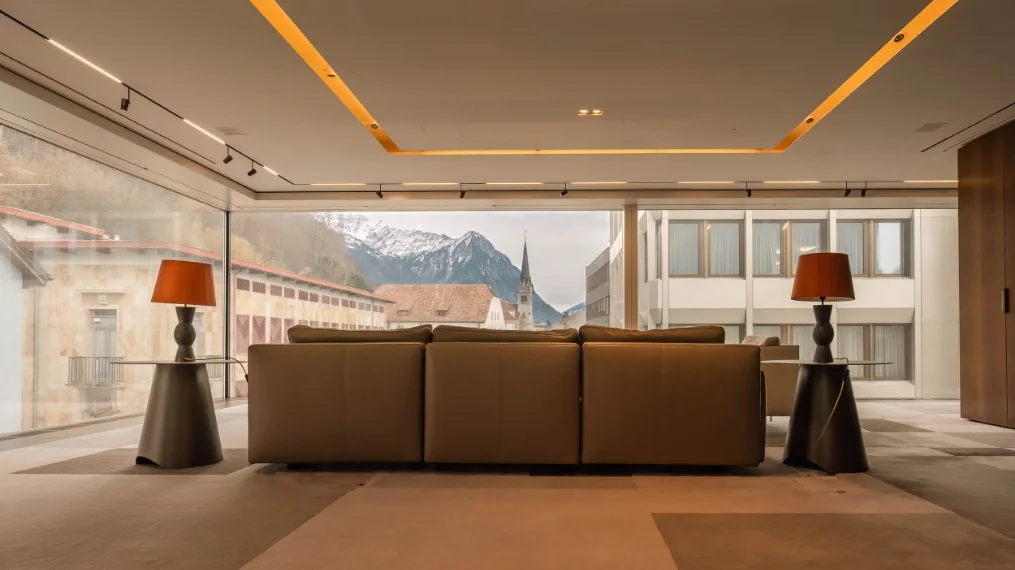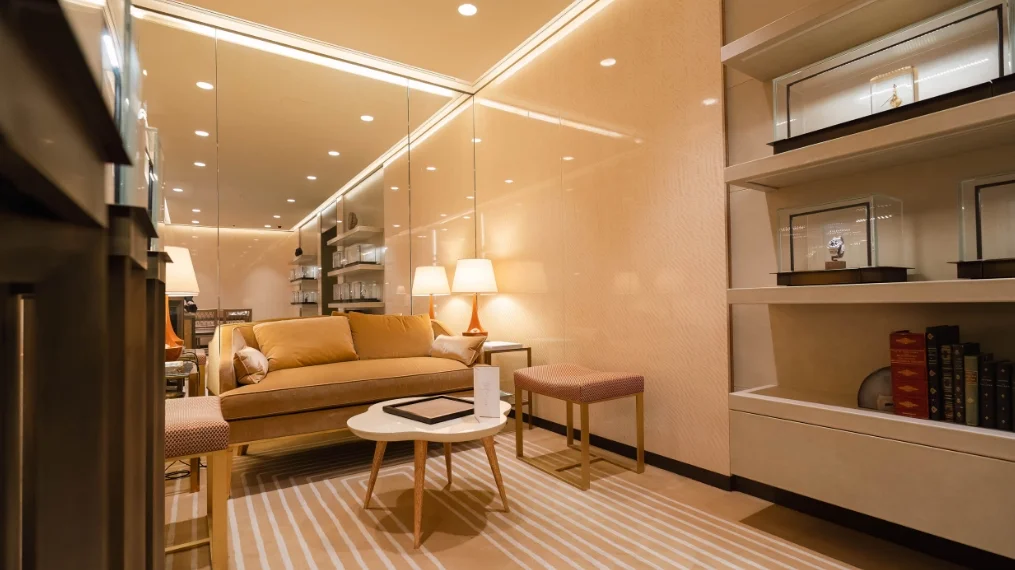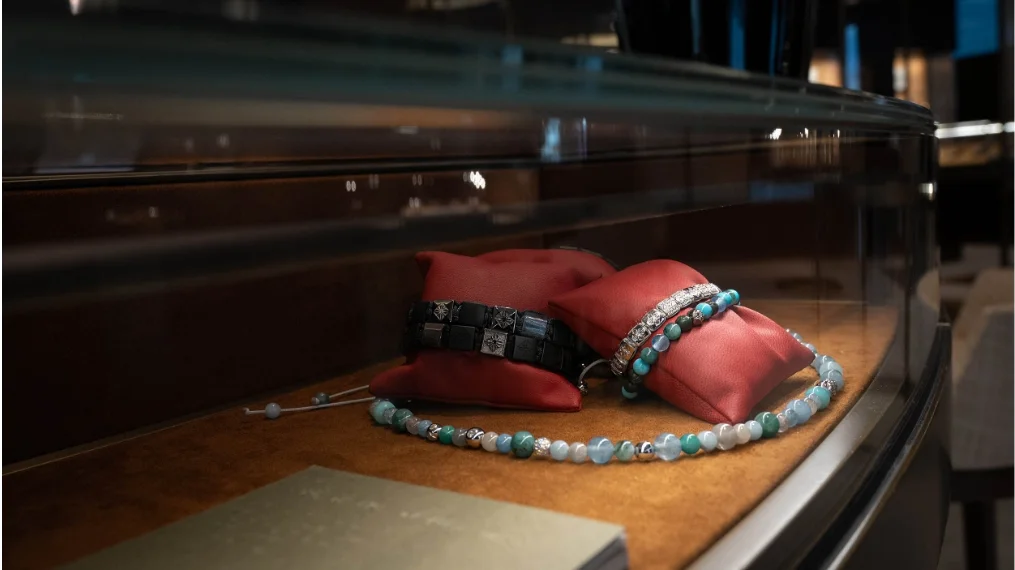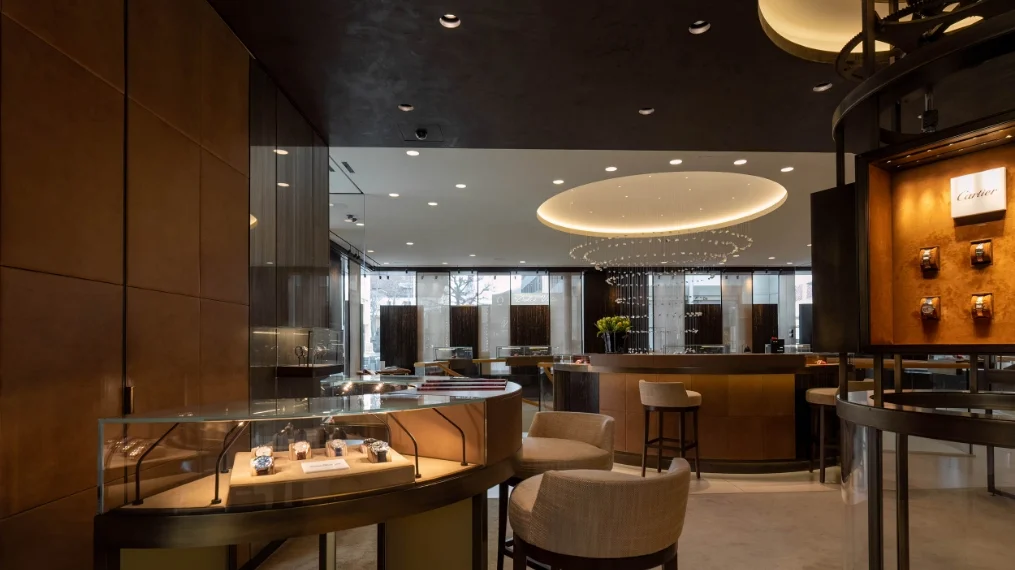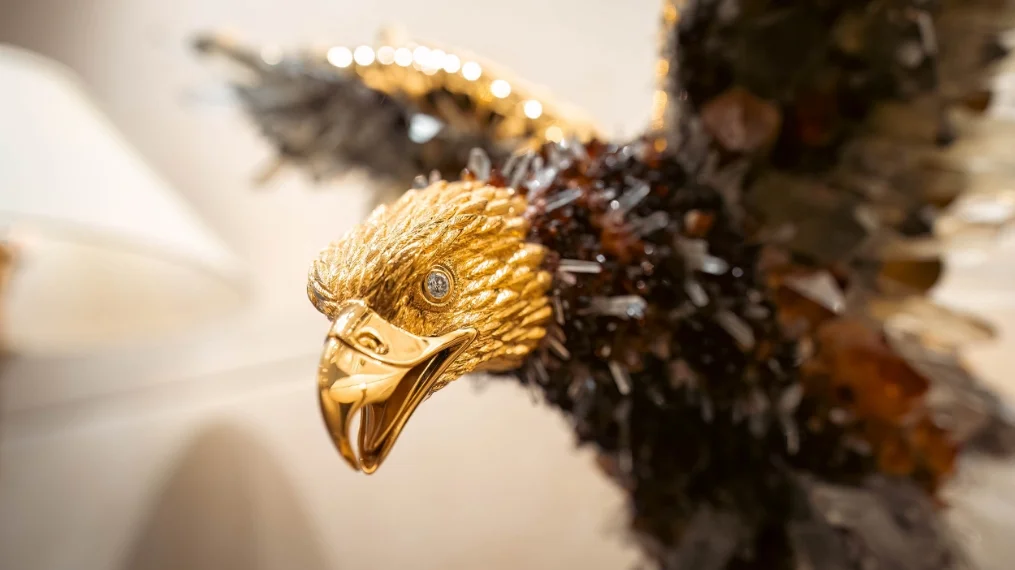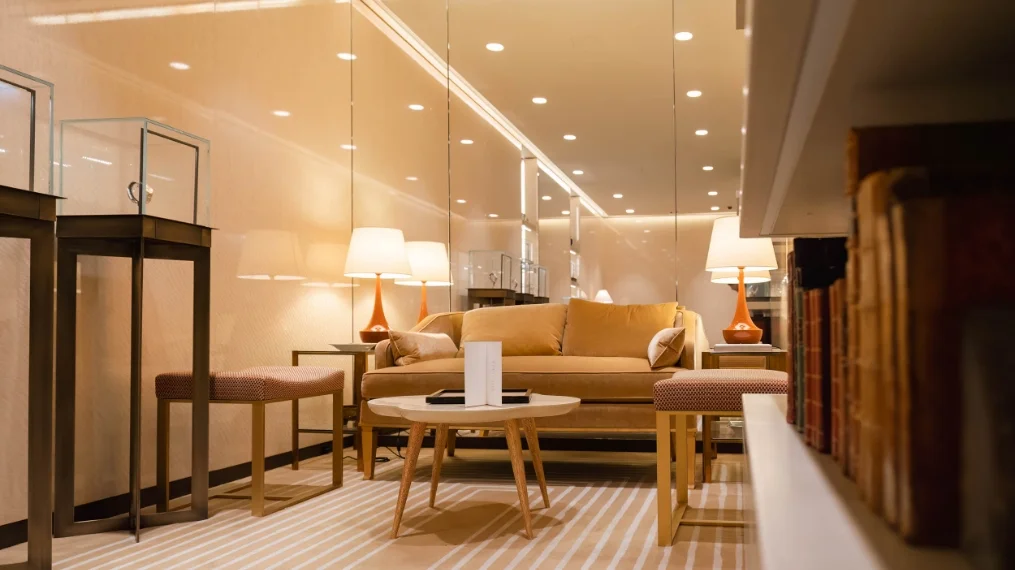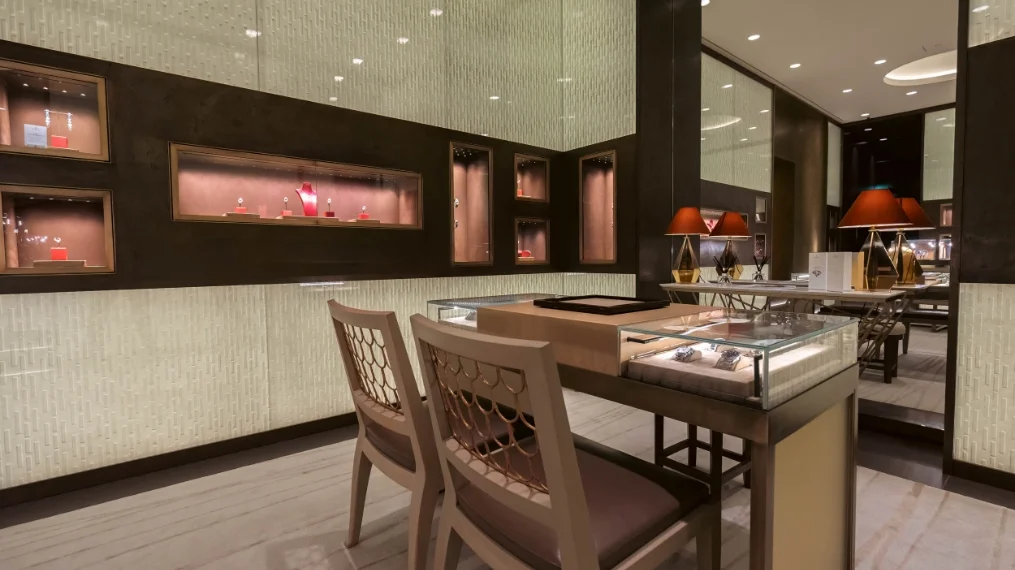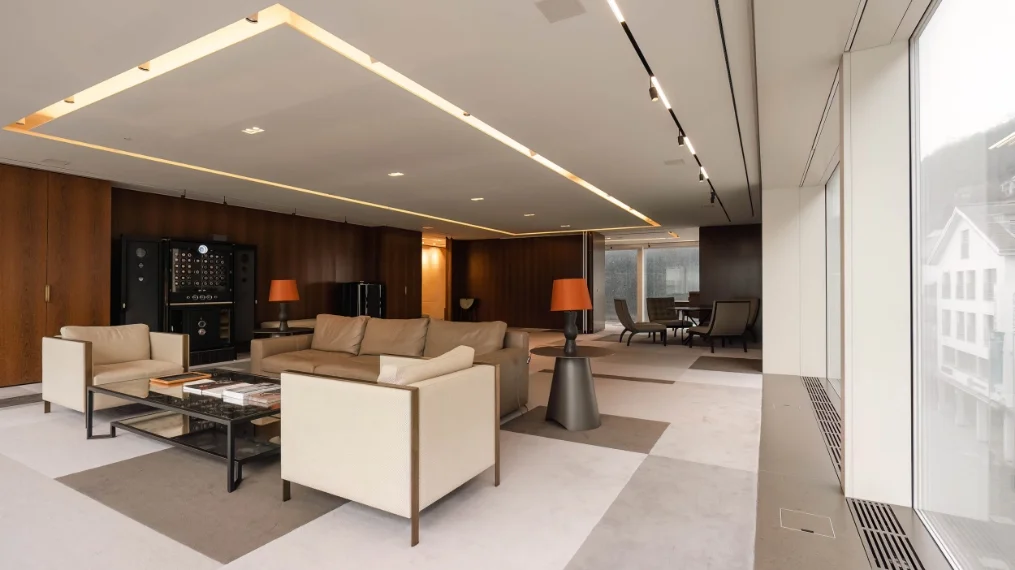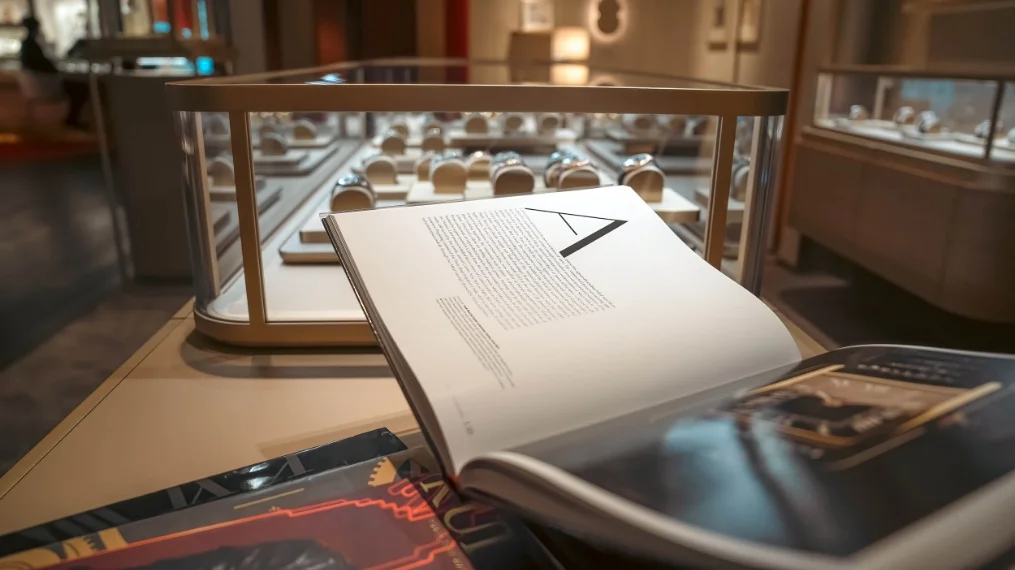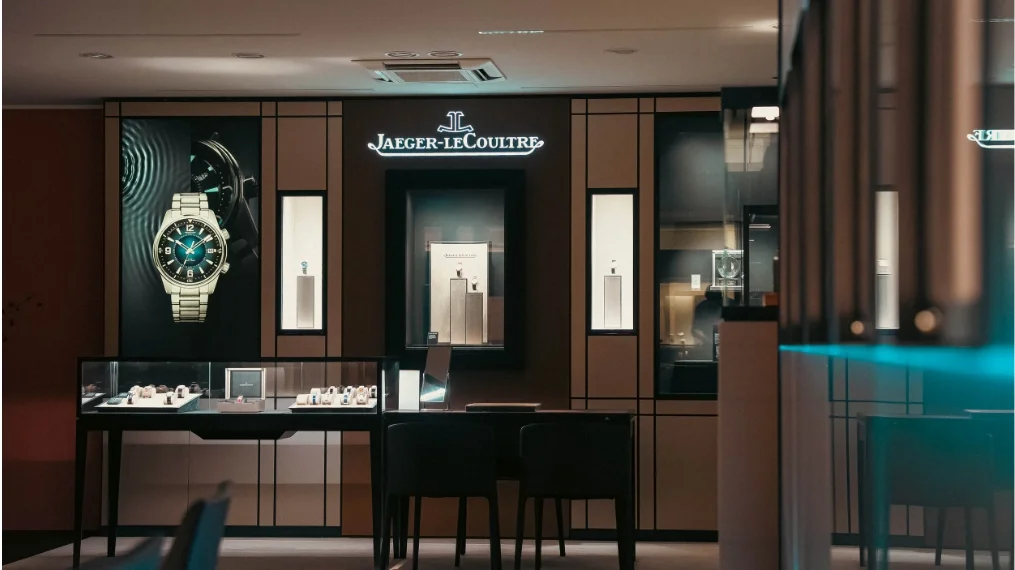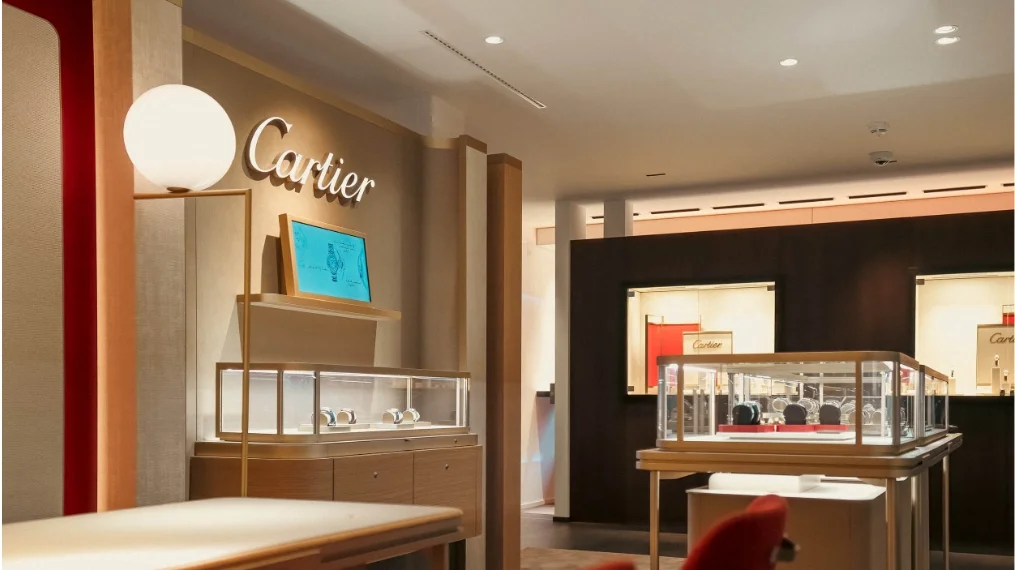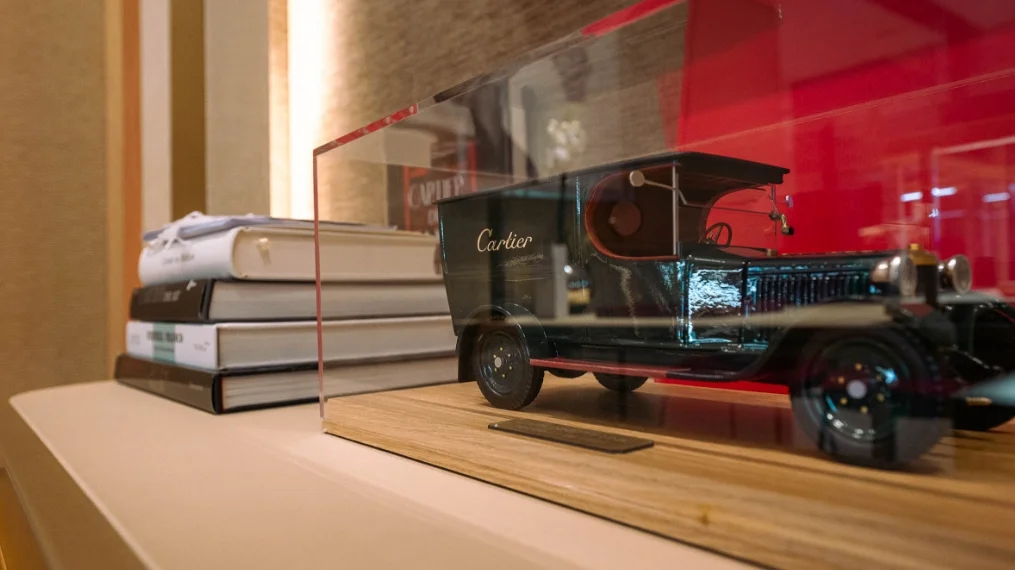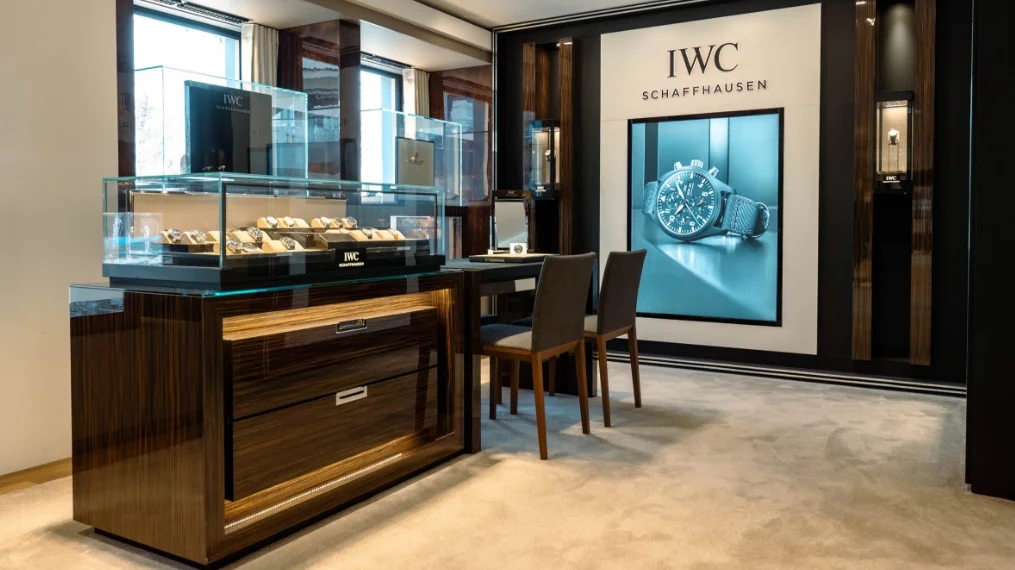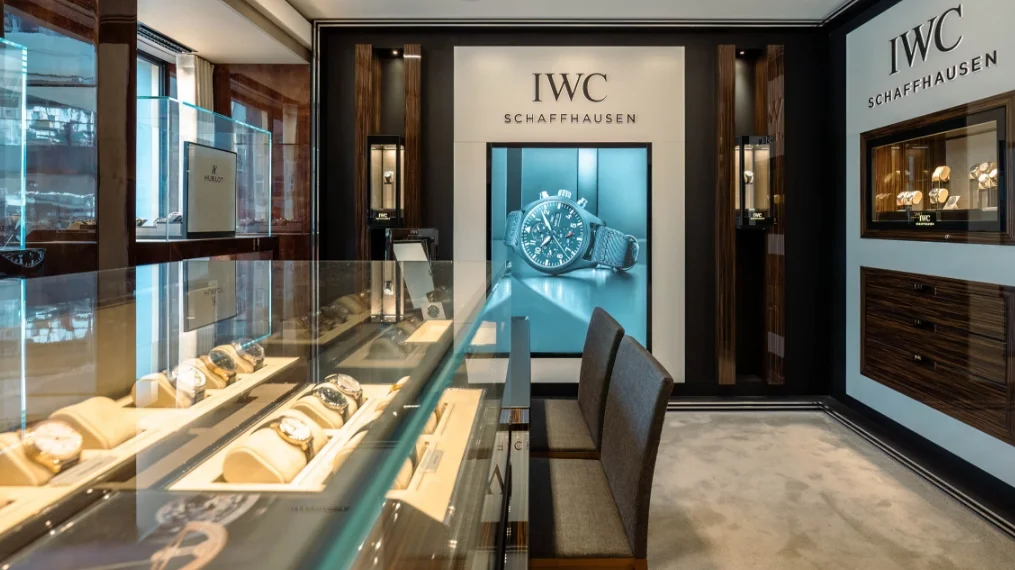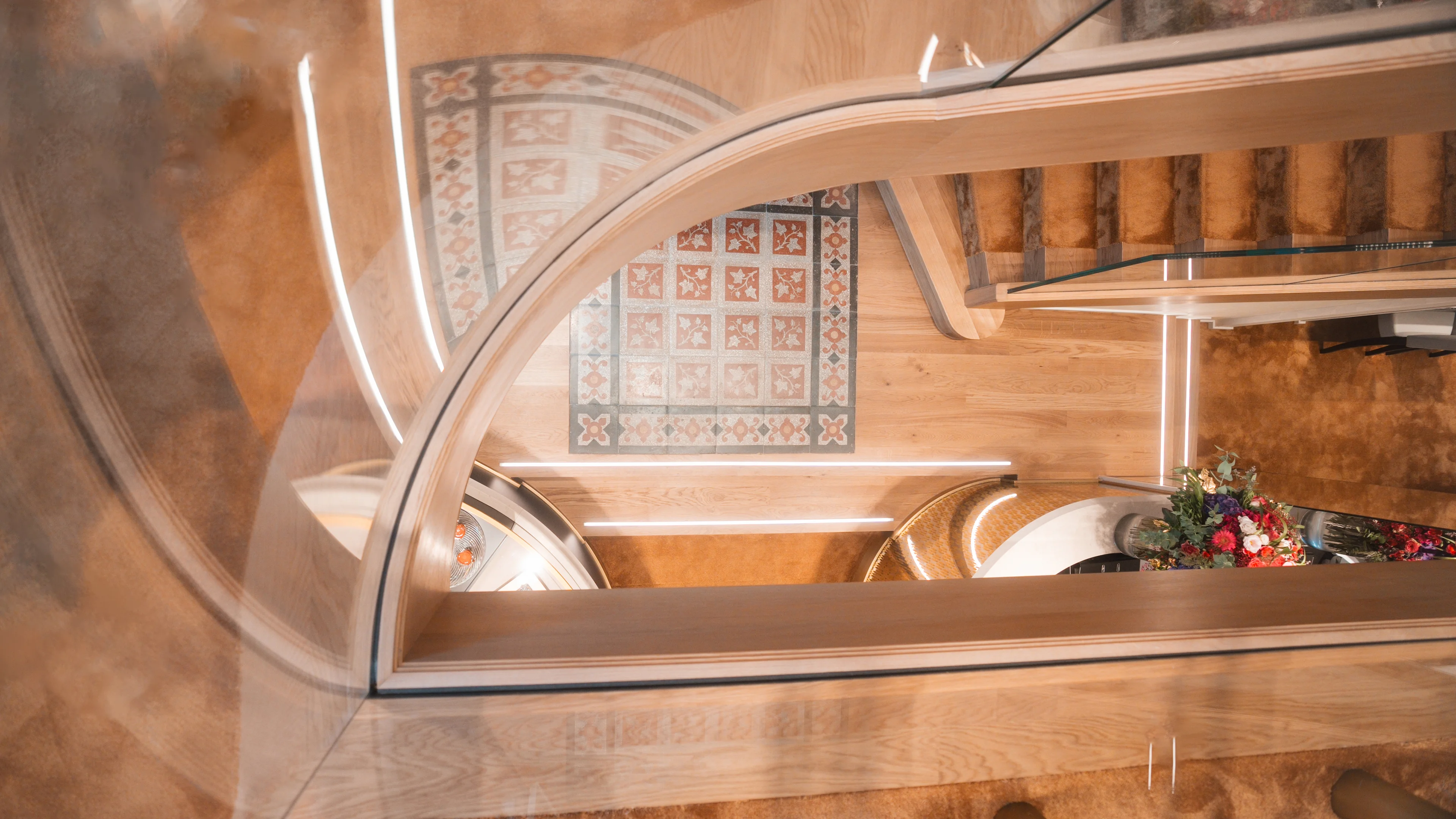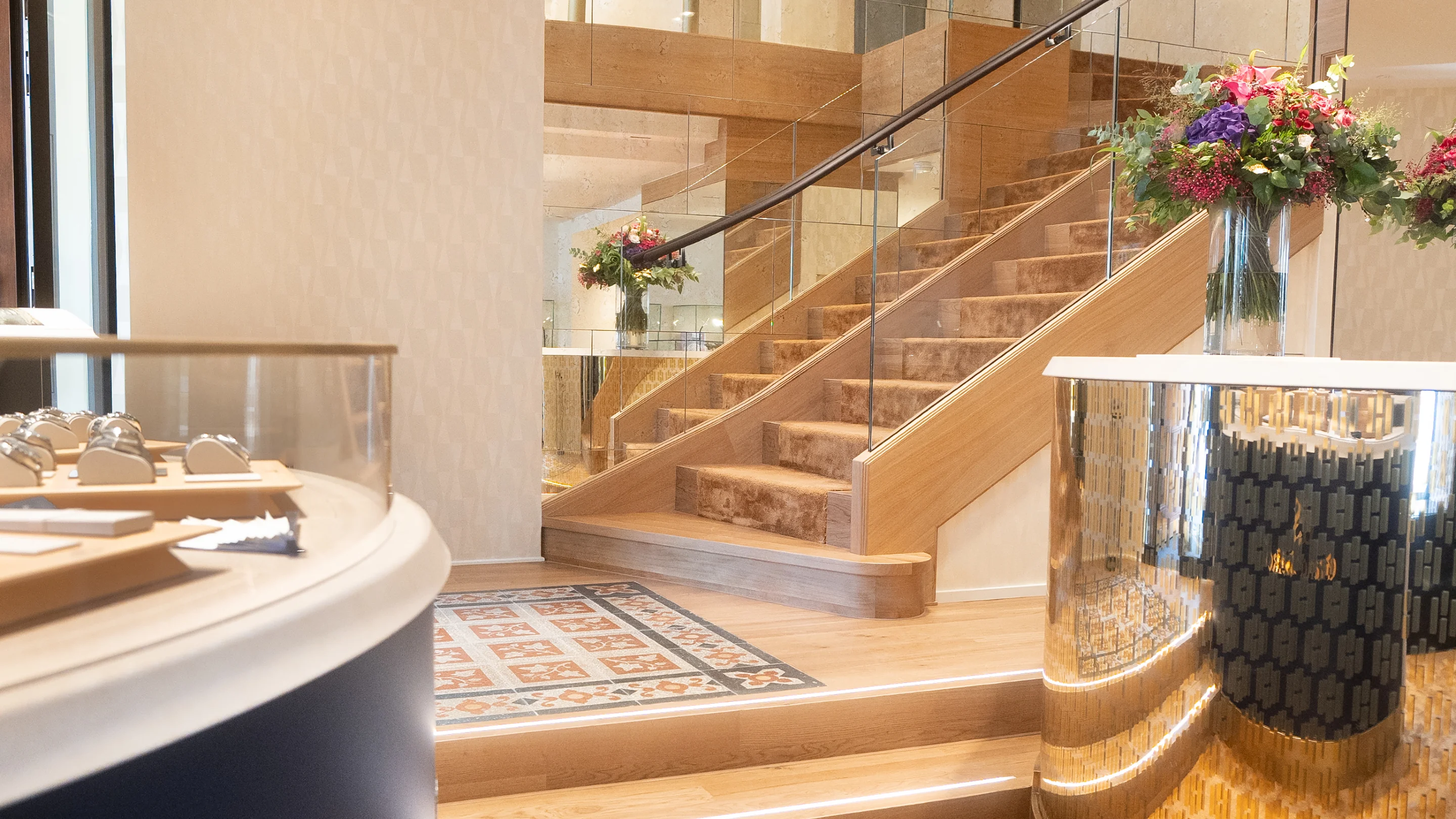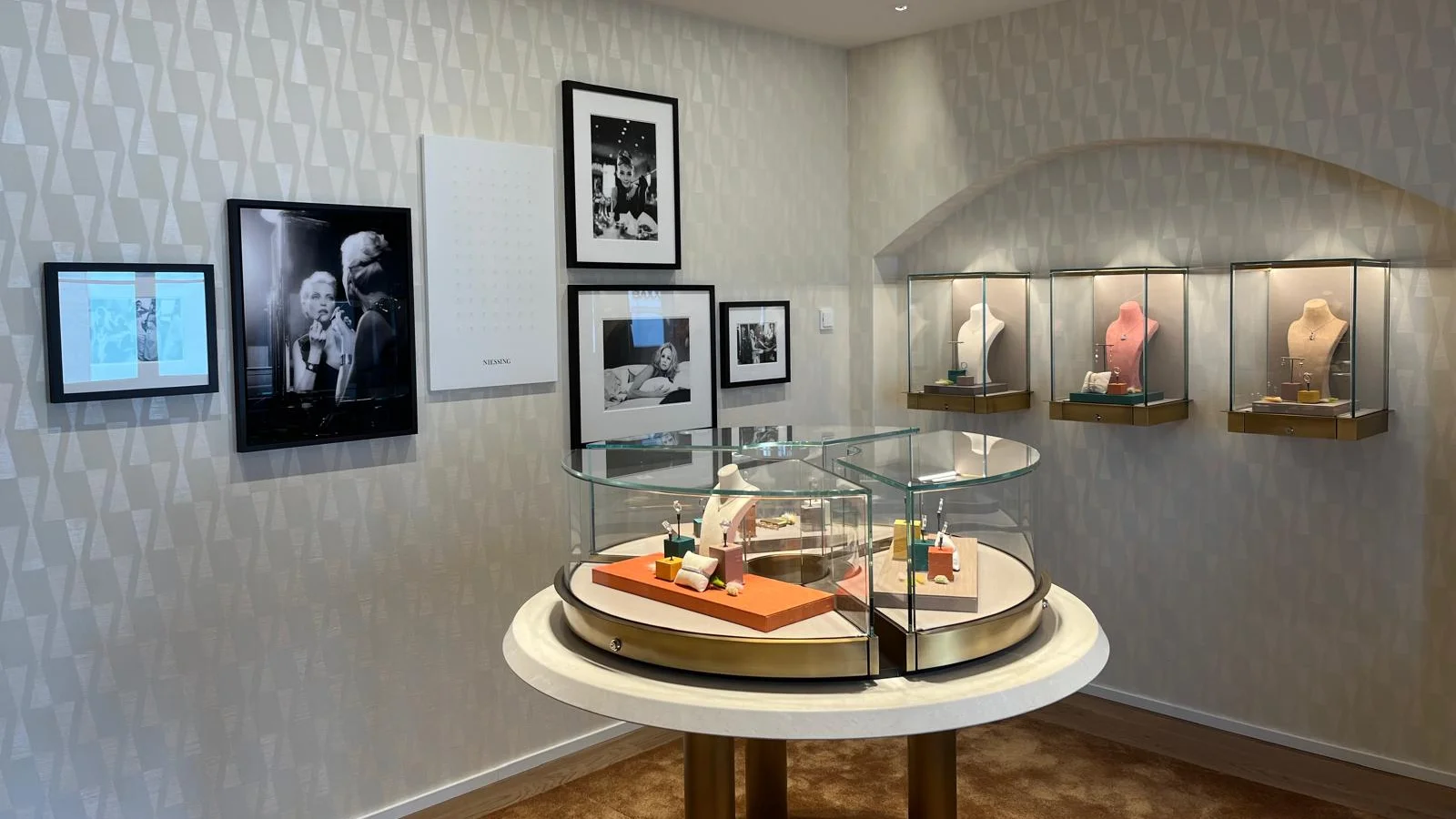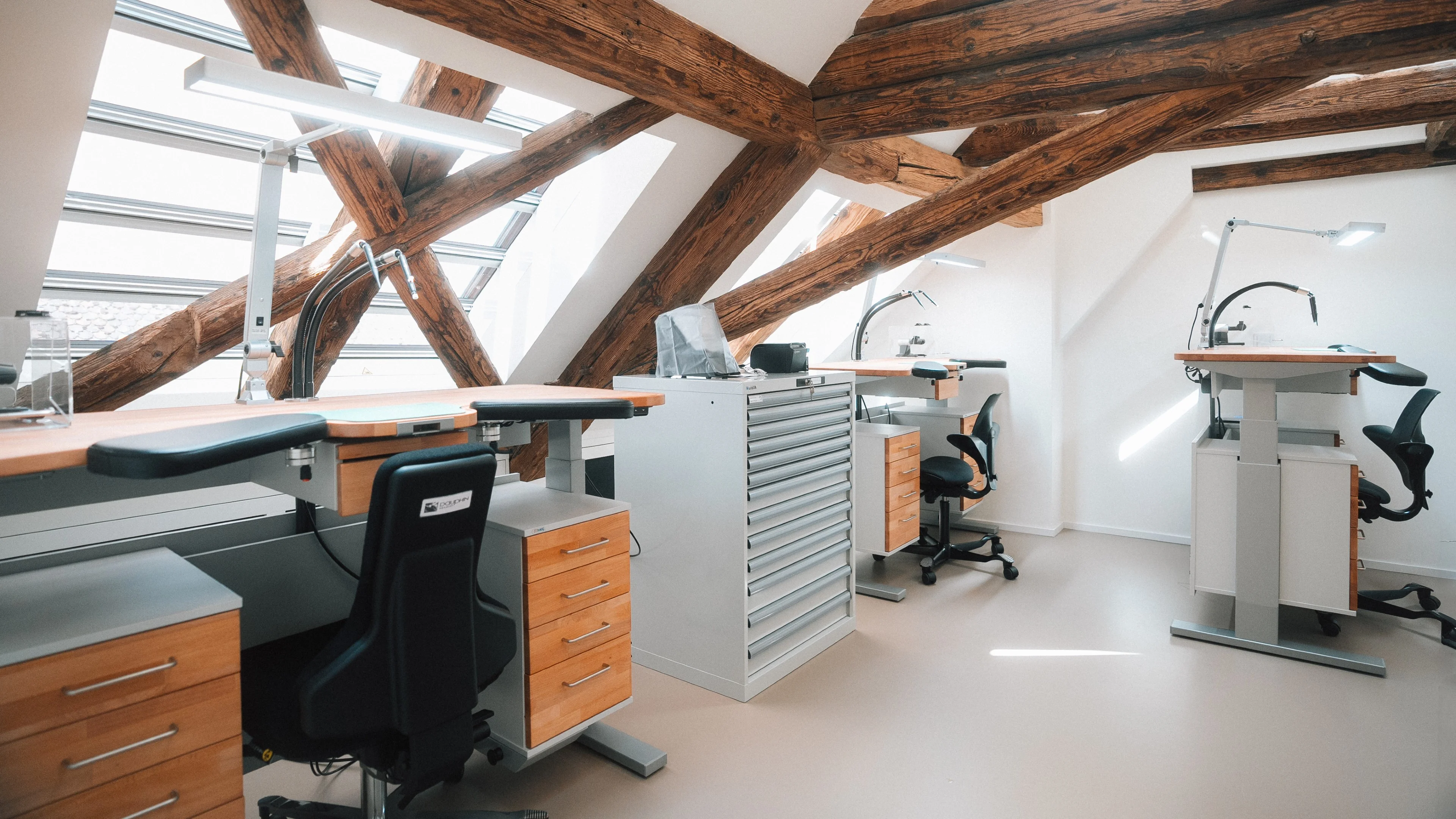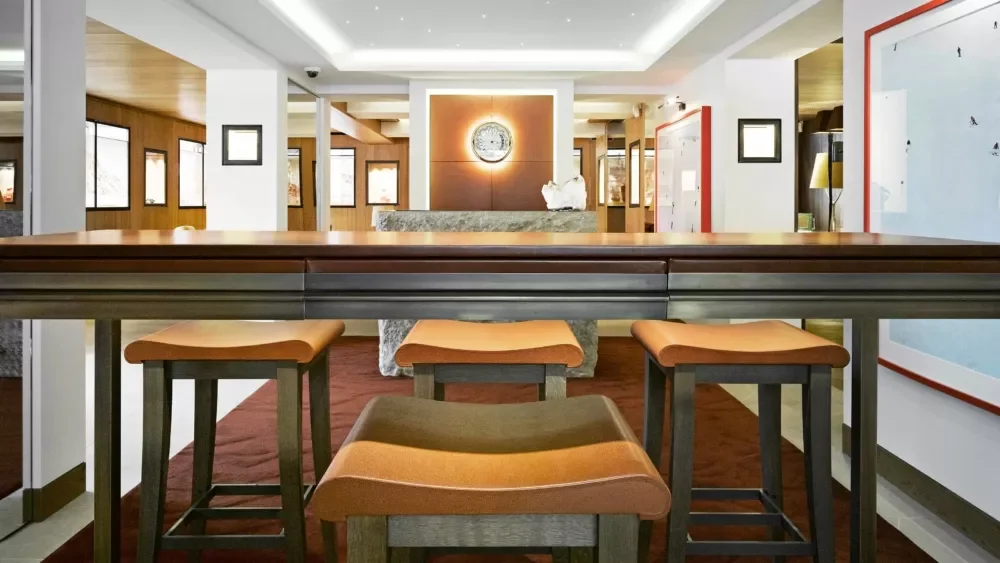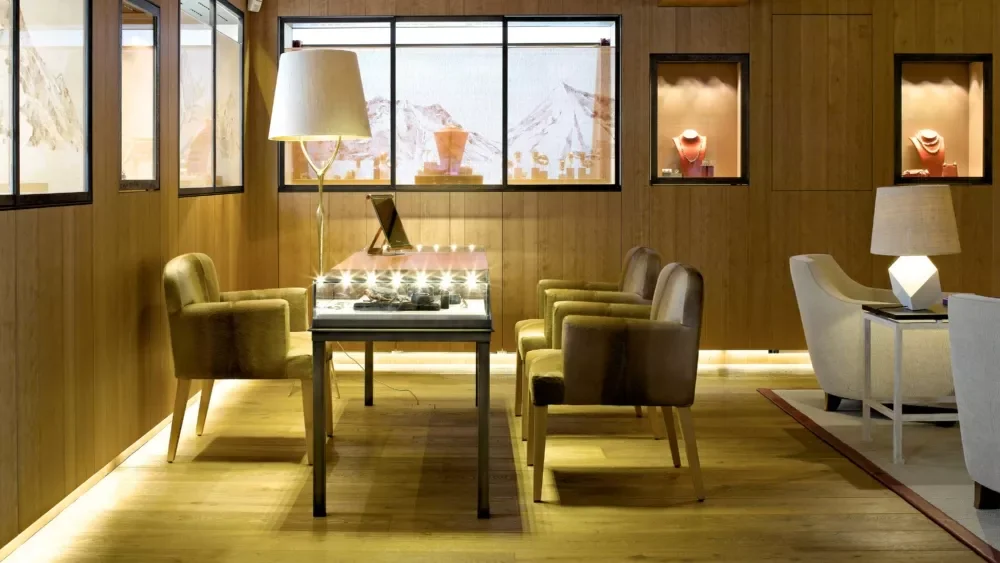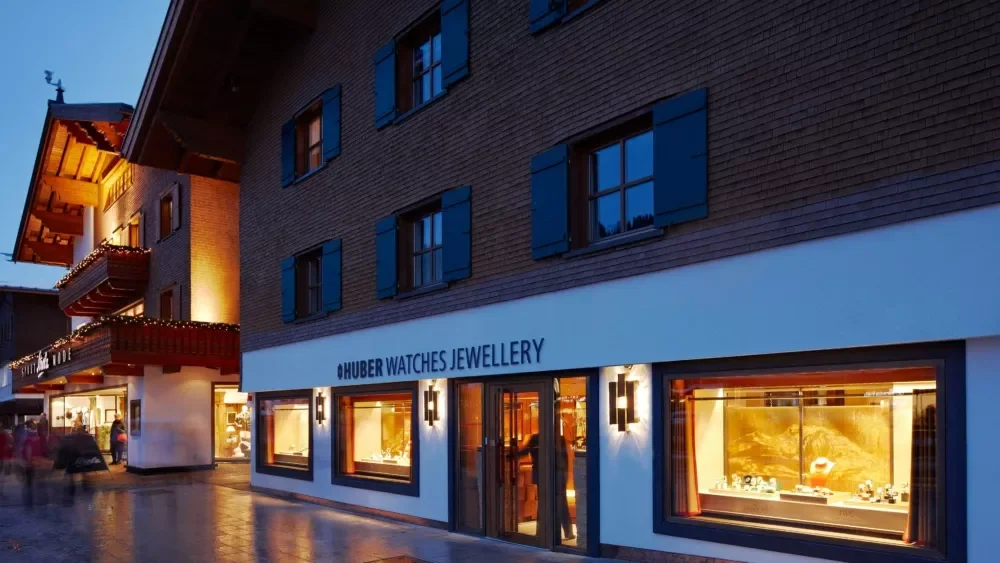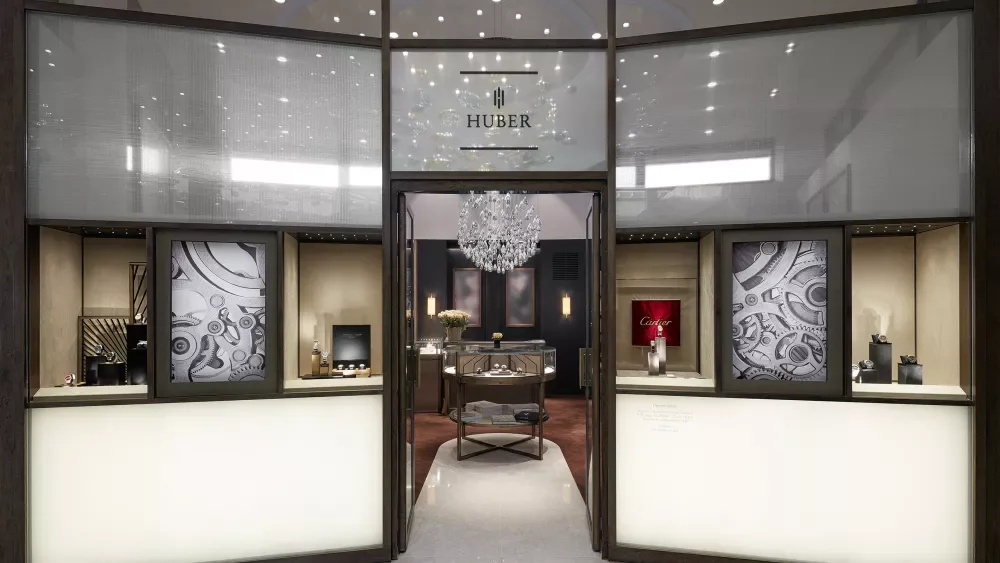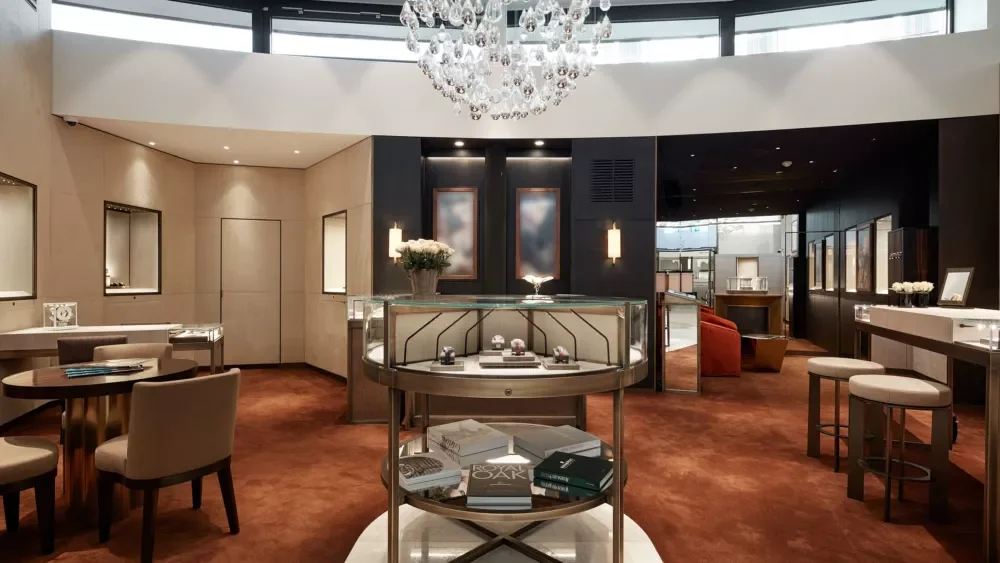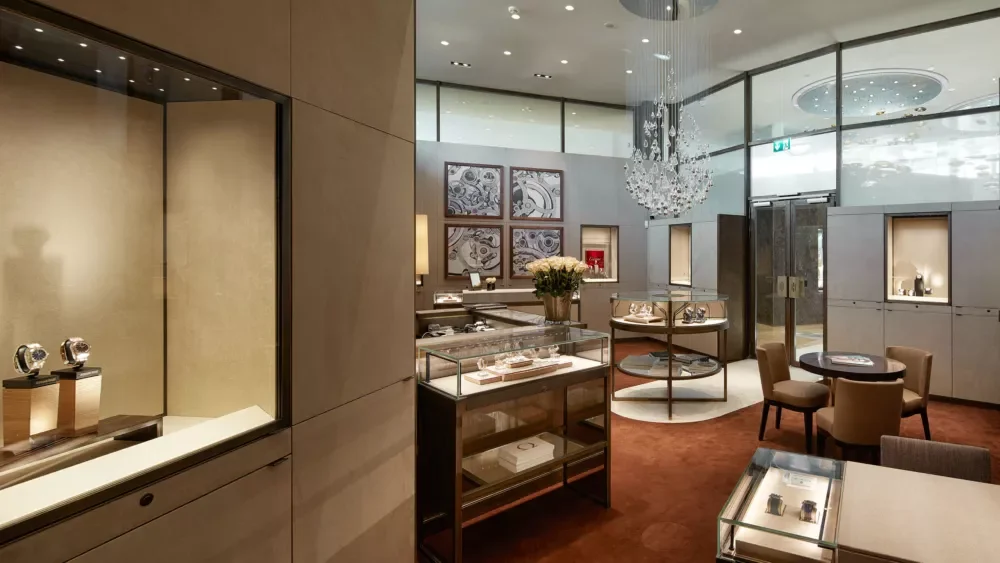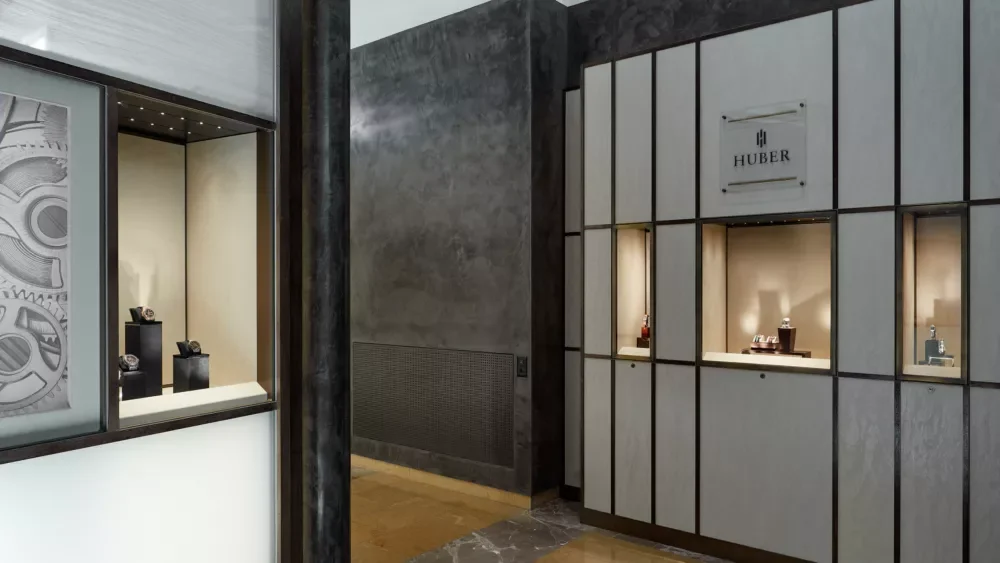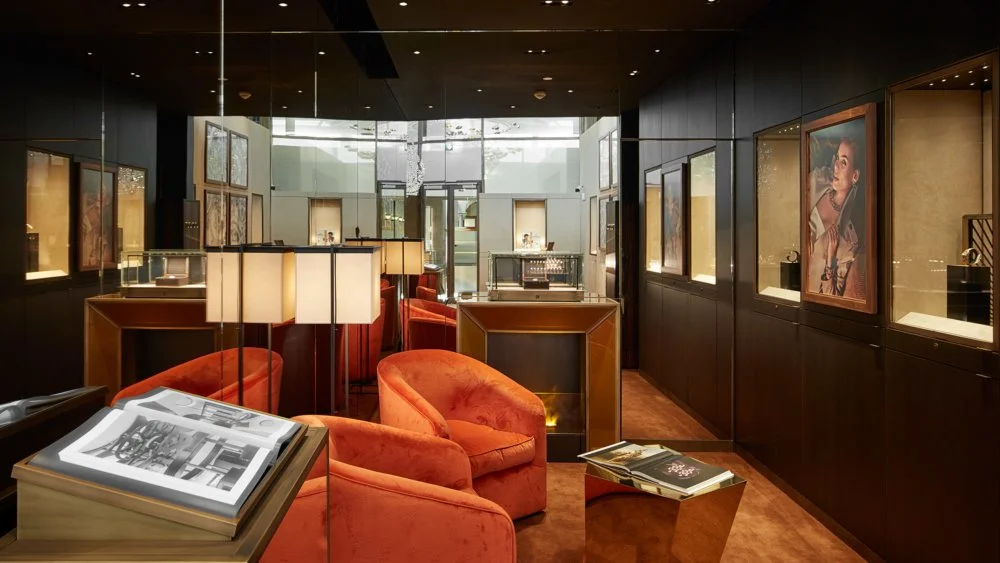
THE WHITE CUBE
LEARN MORE
Städtle 34, 9490 Vaduz
T +423 237 14 14
WhatsApp +41 79 844 7086
welcome@huber.li
Opening hours
Monday – Friday: 09:30 – 18:00
Saturday: 09:30 – 16:00
Sunday and Holidays: Closed
LEARN MORE
T +423 237 14 14
WhatsApp +41 79 844 7086
welcome@huber.li
Opening hours
Monday – Friday: 09:30 – 18:00
Saturday: 09:30 – 16:00
Sunday and Holidays: Closed
WORLD OF WATCHES
LEARN MORE
Städtle 11, FL-9490 Vaduz
T +423 237 14 14
WhatsApp +41 79 814 3613
welcome@huber.li
Opening hours
Monday – Friday: 09:30 – 18:00
Saturday & Sunday: 09:30 – 17:00
LEARN MORE
T +423 237 14 14
WhatsApp +41 79 814 3613
welcome@huber.li
Opening hours
Monday – Friday: 09:30 – 18:00
Saturday & Sunday: 09:30 – 17:00
HUBER BREGENZ
LEARN MORE
Kirchstraße 1, AT-6900 Bregenz
T +43 5574 23 9 32
WhatsApp +43 664 5353 268
welcome@huber-juwelier.at
Opening hours
Monday – Friday: 09:30 – 18:00
Saturday: 09:30 – 16:00
Sunday and Holidays: Closed
LEARN MORE
T +43 5574 23 9 32
WhatsApp +43 664 5353 268
welcome@huber-juwelier.at
Opening hours
Monday – Friday: 09:30 – 18:00
Saturday: 09:30 – 16:00
Sunday and Holidays: Closed
HUBER BREGENZ
LEARN MORE
Rathausstrasse 7, AT-6900 Bregenz
T +43 5574 23 9 32
WhatsApp +43 664 158 61 35
welcome@huber-juwelier.at
Opening hours
Monday - Friday: 09:30 - 18:00
Saturday: 09:30 - 16:00
Sundays and public holidays: Closed
LEARN MORE
T +43 5574 23 9 32
WhatsApp +43 664 158 61 35
welcome@huber-juwelier.at
Opening hours
Monday - Friday: 09:30 - 18:00
Saturday: 09:30 - 16:00
Sundays and public holidays: Closed
HUBER LECH
LEARN MORE
Dorf Nr. 115, 6764 Lech am Arlberg
T +43 5583 37 37
WhatsApp +43 664 236 1146
welcome@huber-juwelier.at
Opening hours
Monday – Saturday: 09:00 – 12:30 and 14:30 – 18:30
Sunday: Closed
Holidays: 14:30 – 18:30
LEARN MORE
T +43 5583 37 37
WhatsApp +43 664 236 1146
welcome@huber-juwelier.at
Opening hours
Monday – Saturday: 09:00 – 12:30 and 14:30 – 18:30
Sunday: Closed
Holidays: 14:30 – 18:30
HUBER BAD RAGAZ
LEARN MORE
Grand Resort Bad Ragaz, CH-7310 Bad Ragaz
T +41 81 303 31 40
welcome@huber.li
Öffnungszeiten
Monday – Saturday: 09:30 – 12:30 und 14:00 – 18:00
Sunday: Closed
LEARN MORE
T +41 81 303 31 40
welcome@huber.li
Öffnungszeiten
Monday – Saturday: 09:30 – 12:30 und 14:00 – 18:00
Sunday: Closed

locations
locations_desc
-

WORLD OF WATCHES
Städtle 11, FL-9490 Vaduz
T +423 237 14 14
WhatsApp +41 79 814 3613
welcome@huber.li -

HUBER BREGENZ
Kirchstraße 1, AT-6900 Bregenz
T +43 5574 23 9 32
WhatsApp +43 664 5353 268
welcome@huber-juwelier.at -

HUBER BREGENZ
Rathausstrasse 7, AT-6900 Bregenz
T +43 5574 23 9 32
WhatsApp +43 664 158 61 35
welcome@huber-juwelier.at -

HUBER LECH
Dorf Nr. 115, 6764 Lech am Arlberg
T +43 5583 37 37
WhatsApp +43 664 236 1146
welcome@huber-juwelier.at
